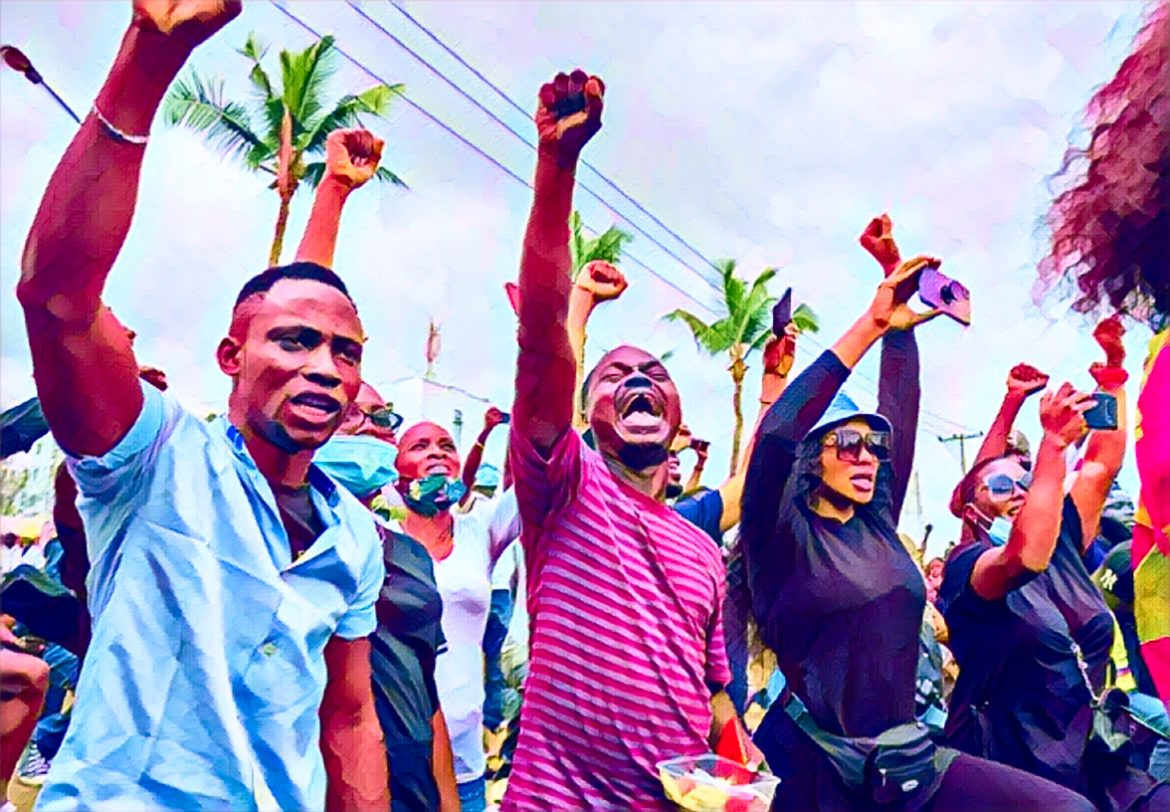KEY POINTS
- Over 70% of Nigeria’s population is under 30, presenting huge potential.
- Youth-led businesses like Paystack are proving that innovation can drive Nigeria’s economy.
- Political participation by youth is growing, with young leaders influencing governance.
Nigeria is one of the largest countries in Africa with high unemployment rate, P3 political instability issues and corruption. Nigeria is among the countries endowed with youthful population, their population is below the age of 30 years being more than 70 percent. Indeed, the youth in Nigeria if well mobilized has the potential to transformer the entire society. It is for this same demographic that the prospects are grim and the structures oppressive. Perhaps one of the most significant areas that determine the destinies of Nigeria’s future now rest with young people who can steer the economy and propagate social change.
The demographic importance of Nigerian youth
It is imperative to note that talking about Nigeria youth is not a statistic but rather a sleeping giant of active agents ready to strike. The United Nations Population Fund (UNFPA) stated that 70 percent of Nigeria’s population comprises of youths. This youthful energy if harnessed appropriately leads to the quick transformation of the society’s socio-economic structure. However, the challenges faced by Nigerian youth are substantial: these are some of the factors such as high unemployment rates, poor access to quality education, limited participation on key governance structures.
However the youth are also a resource yet to be harnessed for economic and political development. This user group is inclined towards being a force of technological advancement especially in the promotion of education reforms and serve as a significant call for social justice.
How youth leadership can drive economic growth
- Innovation and Entrepreneurship of Nasim Group: Young people in Nigeria are embracing the challenge of entrepreneurship more and more. Some of the startups like Paystack spear headed by Shola Akinlade alongside Ezra Olubi and flutterwave spearheaded by Iyinoluwa Aboyeji have shown that if supported Nigeria’s youths can compete at the international level. Many of them are altering the face of the technology industry in Africa and securing millions of dollars in foreign investment.The Nigerian government has also realized the role of youths in the entrepreneurial sector through its programs like N-Power, YouWin!, and Nigerian Youth Investment Fund (NYIF). These programmes offer financial support, coaching and guidance to youth aspiring to become successful business people. Furthering such programs and cutting unnecessary procedures can also empower other youth-led businesses even more.
- Revitalizing Post-Secondary Education and Skills Training: One of the important elements that may influence the Nigerian economy is education. Youth leaders are increasingly calling for a new curriculum that would shift the focus to technical, vocational, and entrepreneurship programs. The youth are calling for skills based education which prepares them to face the current job market and also cuts down the reliance on the exports of oil. Some of such companies include Andela, a software development company that builds and prepares young Nigerians for the global market. The youth leaders are also calling for better coproduction and partnership between the government and business entities to increase employment for the young people of Nigeria.
- Fostering foreign direct investment or FDI: The youth solutions are also becoming a source of foreign investment among the youths. New technology and innovation centers that have recently popped up across Nigeria especially Lagos and Abuja are clear indications of how young people are leading initiatives that appeal to foreign investors. What Nigeria’s youth can do to solidify the country’s attractiveness to international investors and expand non-oil industries, fostering an entrepreneurial culture and gaining better access to venture capital.
Youth leadership for social and political transformation
- Youth as advocates for political accountability: Protests such as the #EndSARS protests by Nigerian youths in 2020 which called out the government for police brutality are perfect examples of youth activism in action. The #EndSARS protests addressed not only police violence but also indicated the Nigerian youth’s desire for improvement. The likes of such movements are useful in reminding people of the role of the youth in demanding for transparency in governance.
- Youth involvement in politics: Young people in Nigeria are equally starting to occupy political positions. For instance, Raphael Nnaji, who has had his youth election to the National Assembly at the age of 29, is one of the young men in the Nigeria National Assembly. His election also depicts the increasing relevance of the youths in Nigerian politics. Engaging the youth in policy decisions opens up an opportunity for changing policies that may involve youths’ employment,health and education to be more responsive to youths’ needs thus enhancing governance.
- Civil society empowerment: Unfortunately, there has been a gradual rise in activism from Nigerian youths through associations and organizations that fight for the rights of citizens, and the downtrodden especially through the protection of human rights. Such organisations are lobbying for change on issues to do with climate change, poverty, and justice among others. Such groups as the Nigerian Youth Parliament have also committed themselves in policy advocacy in the area of youth welfare and development.


